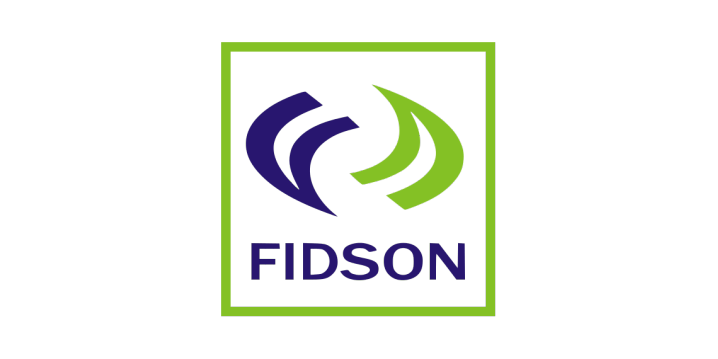When planning for retirement income, it is essential to adopt appropriate investment strategies that align with one’s long-term financial goals and the realities of the local economic environment. In Nigeria, where inflation, currency fluctuations, and evolving market conditions play a significant role, choosing the right mix of investments can greatly influence financial stability during retirement.
Understanding the Economic Landscape
Nigeria’s economy presents both opportunities and challenges. Therefore, an effective retirement plan must take into account the country’s macroeconomic factors and the performance of key investment sectors. Strategies that may be effective in other markets may not yield the same results locally, making it imperative for investors to adapt to the Nigerian financial terrain.
1. Real Estate Investments
Real estate remains a popular and often rewarding investment option in Nigeria. Properties—whether residential, commercial, or land in developing areas—have shown resilience and potential for capital appreciation. Real estate can generate steady income through rent while offering long-term value growth. However, investors should consider maintenance costs, market volatility, and potential legal or regulatory challenges. Investing in high-demand urban centers such as Lagos and Abuja typically offers better returns.
2. Stock Market Investments
Equity investments provide liquidity and growth potential for long-term investors. The Nigerian Exchange (NGX) offers opportunities for wealth creation through ownership in well-managed companies. However, the stock market is inherently volatile, and success depends on thorough research, diversification, and patience. Investors should monitor company performance, industry trends, and macroeconomic indicators, or seek guidance from certified financial advisors to mitigate risk and optimize returns.
3. Mutual Funds
For individuals seeking diversification without direct market participation, mutual funds present an attractive alternative. By pooling resources with other investors, participants gain access to professionally managed portfolios that spread risk across various asset classes. While mutual funds typically involve management fees, they offer convenience and risk moderation. Investors should evaluate the historical performance and management structure of funds before investing.
4. Fixed Deposits and Savings Accounts
Fixed deposits and traditional savings accounts offer security and predictable returns, making them suitable for conservative investors. Although these instruments are low-risk, their returns may not always outpace inflation, potentially reducing purchasing power over time. As such, they should form part of a balanced investment portfolio rather than the sole retirement strategy.
5. Pension Schemes
Nigeria’s Contributory Pension Scheme (CPS) provides a structured avenue for retirement savings. Both employers and employees contribute a portion of monthly income toward retirement, which accumulates and grows over time. Understanding the scheme’s structure, fund managers’ performance, and withdrawal regulations is crucial. Starting early remains key to maximizing the benefits of compounding over time.
6. Agriculture and Agribusiness
Nigeria’s agricultural sector presents immense potential for long-term investment. Opportunities exist in direct farming, agro-processing, exportation, and agricultural value chain financing. With growing global food demand and government support for agribusiness, this sector can provide strong returns and economic diversification. Nonetheless, investors must account for risks such as climate variability, supply chain challenges, and commodity price fluctuations.
7. Bonds and Treasury Bills
Government bonds and treasury bills are among the safest investment options available. They provide fixed returns and are ideal for risk-averse investors seeking income stability. However, similar to fixed deposits, their real returns can be eroded by inflation, emphasizing the need for portfolio diversification.
Diversification as a Core Principle
The foundation of an effective retirement plan lies in diversification—spreading investments across asset classes to balance risk and return. A well-diversified portfolio combining real estate, equities, fixed-income instruments, and alternative investments helps cushion against market volatility and economic downturns.
Conclusion
Planning for retirement in Nigeria requires foresight, discipline, and a well-informed investment strategy. Understanding personal risk tolerance, staying updated on economic trends, and consulting financial professionals can significantly enhance retirement readiness. Ultimately, successful retirement planning is not a one-time effort but a continuous process of adjustment and growth. Starting early and maintaining a diversified investment portfolio will ensure financial independence and stability in retirement.
Source: Effectiveness of Different Investment Strategies for Retirement Income | StocksWatch












